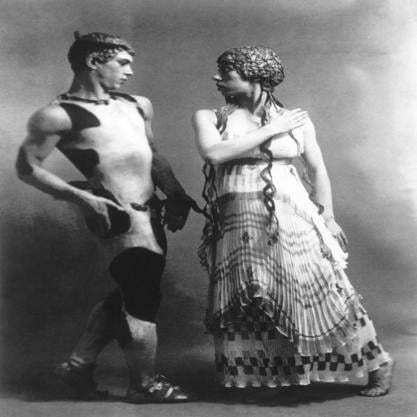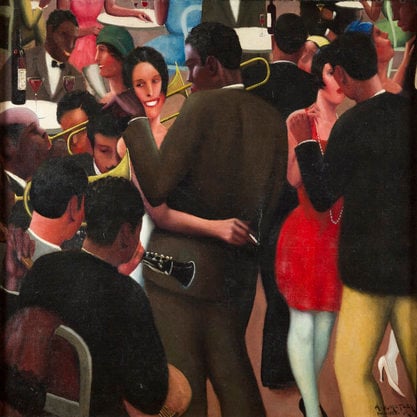Article
Adam, Hoerijah (1936–1971) By Minarti, Helly
Article
Born nine years before Indonesia’s independence, Hoerijah Adam epitomized the transitional figure of the Indonesian postcolonial dancer. Despite her short life, Adam changed the course of modern dance in Indonesia by formulating a new style derived from her origins—the Minangkabau culture of West Sumatra.
In contrast to the Javanese influence seen elsewhere in Indonesia’s modern dance—whose classical dances rooted in the Hindu-Buddhist syncretism developed within its court traditions after the arrival of Islam in the fourteenth century—Minangkabau is distinct for its pencak-silat, a vernacular martial arts form. Scholars describe Minangkabau as a culture of paradox, referring to the fact that although its people are predominantly Muslim, their customs are based on matrilineal principles—an unlikely combination.


